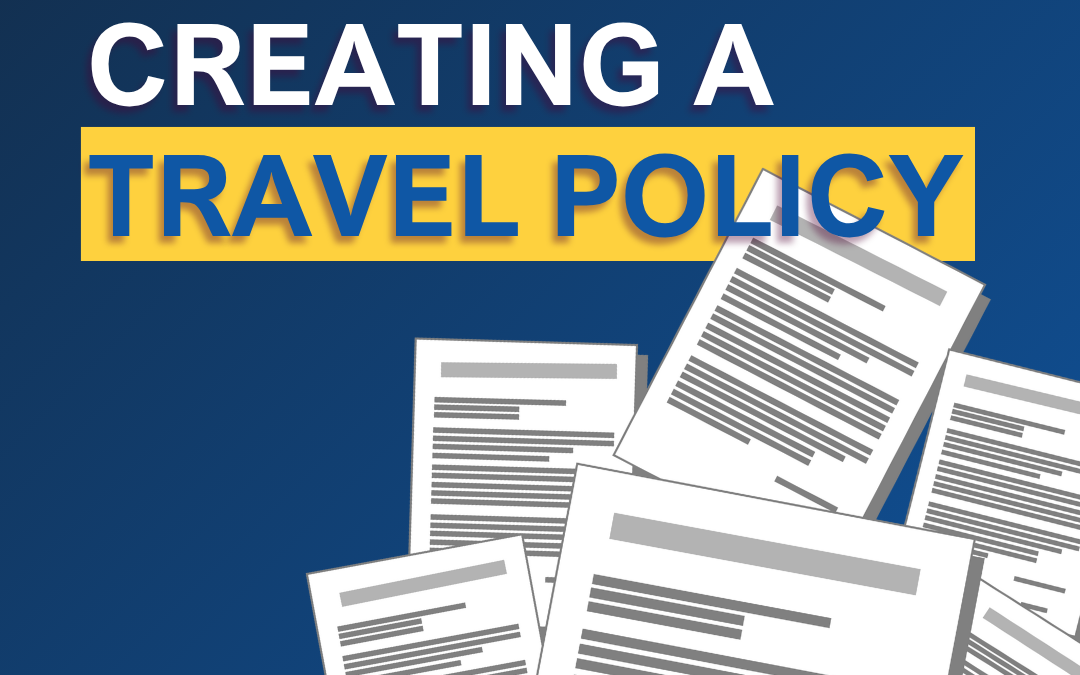What Is a Business Travel Policy?
A business travel policy is a set of rules and guidelines that govern how employees book and manage work-related travel. It covers aspects like:
Booking procedures
Preferred suppliers
Expense limits
Safety protocols
Having a clear policy ensures consistency, cost control, and compliance across your organisation.
Why Your Company Needs a Travel Policy
Without a formal policy, you risk:
Overspending and inconsistent bookings
Compliance issues or duty of care failures
Disputes over expenses or travel standards
A strong policy empowers employees while helping your organisation control risk and cost.
Key Components of a Business Travel Policy
1. Booking Guidelines
Define how employees should book travel and through which channels (e.g. via a TMC).
2. Travel Classes & Cost Limits
Set limits for airfare, hotel rates, rail fares, and car hire, depending on seniority or trip length.
3. Preferred Suppliers
Standardise choices across hotels, airlines, and rail to maximise negotiated rates and tracking.
4. Approval Processes
Clarify when and how pre-trip approvals are needed — especially for international or high-cost travel.
5. Duty of Care & Risk Protocols
Include guidelines for travel insurance, emergency contacts, and support while abroad.
Related: Duty of Care in Travel
6. Sustainability Considerations
Encourage rail over short-haul flights or promote carbon tracking and offsetting.
How to Write or Review Your Travel Policy
Consult Key Departments (HR, finance, legal, and operations)
Review Past Travel Data to spot trends or gaps
Keep It Clear and Practical for easy adoption
Work with a TMC for expert input and implementation support
Need Help Building or Updating Your Policy?
Wayte Travel supports UK companies with travel policy development, ensuring you stay compliant, cost-effective, and traveller-friendly.

